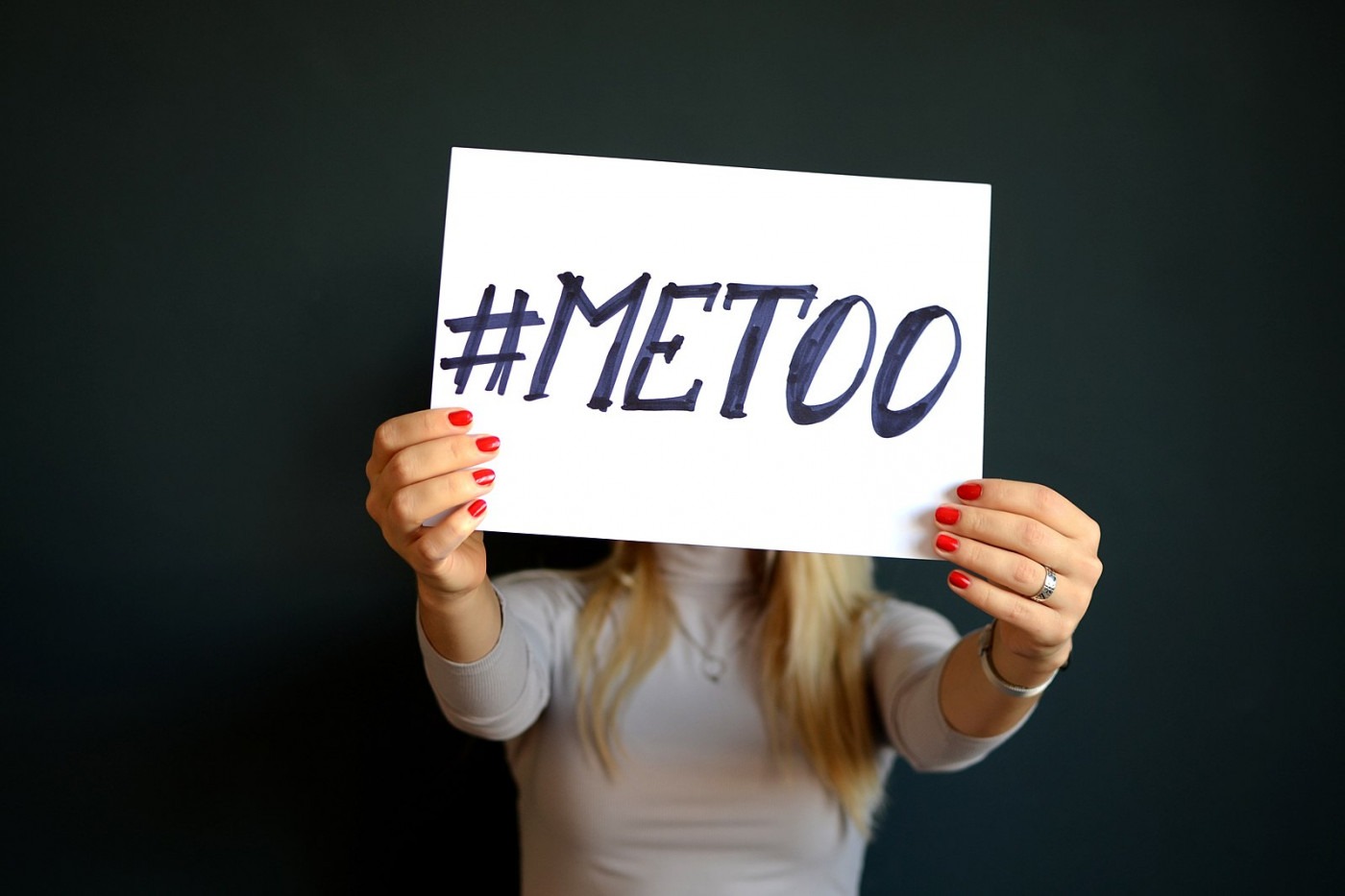The culture of silence: Gregg Wallace allegations highlight how fame protects perpetrators of abuse
The ‘Weinstein effect’ describes the movement of women coming forward to accuse famous or powerful men of sexual abuse, harassment, or misconduct. The term arose in 2017 after more than 80 sexual abuse allegations were made against former film producer Harvey Weinstein. Weinstein was found guilty in the late 1970s and is now completing his 23-year prison sentence. A wave of national reckoning against sexual harassment and assault swept the United States, with Weinstein and previous cases of sexual harassment making way for the #MeToo movement. Founded by activist Tarana Burke in 2006, the #MeToo movement is an awareness campaign against sexual abuse and rape culture in which women publicise their experiences of abuse or harassment. In the wake of the Weinstein case, millions of people began using the #MeToo hashtag, both online and in person. #MeToo called attention to the magnitude of the issue: countless women, especially young and vulnerable women, are subject to violence from famous or powerful men who enjoy the luxury of celebrity impunity and public trust.
Seven years after the movement began, in December of last year, a BBC interview described Kirst Wark’s experience being a contestant on Celebrity MasterChef and her complaints to the production company about the show’s co-presenter Gregg Wallace. “[S]he thought a sexualised monologue he delivered one morning on set was so ill-judged that it made her angry, and worried that staff on short-term contracts would not feel able to object.” Following this interview, Wallace has received over a dozen fresh allegations across a range of shows over a 17-year period. Wallace was caused to temporarily step down from MasterChef while an external law firm reviewed the complaints made against him.
What is most concerning is perhaps not the allegations themselves, but the time it took for them to surface. BBC News received these complaints against Wallace for a number of years in his career, and only now are the claims being investigated properly, raising suspicions surrounding the continuing impunity enjoyed by celebrities in the media industry
The most shocking allegations made against Wallace involve groping, as one woman described him having “brushed past me at the checkout, and touched my bum with his waist and penis and laughed and said ‘oooh you liked that didn’t you.’” Another woman recalls working on MasterChef in 2015, and after having been called to fix his bow tie in his dressing room, she noticed Wallace’s trousers were partially lowered and “his pubic hair was on show, where you can see the top part of his penis, and he was wearing no boxers underneath.” The incident was brought to production staff, however, as the woman was still at the beginning of her career she “didn’t want to be seen to be making a fuss…whereas now, I have way more boundaries of what I will or won’t do,” and the incident was not taken further at the time. Other allegations reported to the BBC included Wallace “talking openly about his sex life, taking his top off in front of a female worker saying he wanted to ‘give her a fashion show’, and telling a junior female colleague he wasn’t wearing any boxer shorts under his jeans.” Wallace and his legal team continue to deny the allegations made against him and he has now stepped down from presenting MasterChef until further notice.
What is most concerning is perhaps not the allegations themselves, but the time it took for them to surface. BBC News received these complaints against Wallace for a number of years in his career, and only now are the claims being investigated properly, raising suspicions surrounding the continuing impunity enjoyed by celebrities in the media industry. Though it has been seven years since Weinstein was imprisoned for his crimes, it feels as though little has changed.
In the years leading up to 2012, journalists Liz MacKean and Meirion Jones encountered many hurdles in their efforts to expose serial sex offender Jimmy Savile, whose crimes only came to light following his death. In the past two years, former Radio 1 DJ Tim Westwood was interviewed by police for his connection to multiple sexual misconduct allegations, and a Channel 4 Dispatches programme revealed allegations against Russell Brand, including sexually abusive behaviour toward a 16-year-old girl. In the most recent US election, Donald Trump – a close friend of Jeffrey Epstein who openly brags about sexual assault – will occupy the highest office in the country. It is undeniable that celebrity impunity, especially male celebrity impunity, remains a prominent issue in our culture today.
Institutions, production companies, and media organisations must move beyond shallow displays of accountability to ensure robust policies are in place to prevent further abuse and address allegations
Gregg Wallace’s allegations did not come as much of a shock to many but follow a repeating trend of manipulation, abuse, and exploitation whereby influential figures are protected from consequence by their fame and societal reverence. Wallace’s case, like so many before it, highlights how systemic failures within industries shield abusers, discouraging victims from coming forward out of fear of retaliation, professional jeopardy, or disbelief.
The #MeToo movement shone a much-needed spotlight on the magnitude of this issue, empowering millions to break their silence. Yet, slow and often reluctant responses to allegations demonstrate that societal attitudes, particularly toward powerful men, still have not fundamentally shifted. Institutions, production companies, and media organisations must move beyond shallow displays of accountability to ensure robust policies are in place to prevent further abuse and address allegations.
Lasting change requires more than removing individuals from positions of power; it requires dismantling broader structures that allow abuse to persist. Until then, stories like Wallace’s will continue to surface, underscoring the work yet to be done to cultivate a culture that prioritises safety and justice over the reputations of the powerful.

Comments